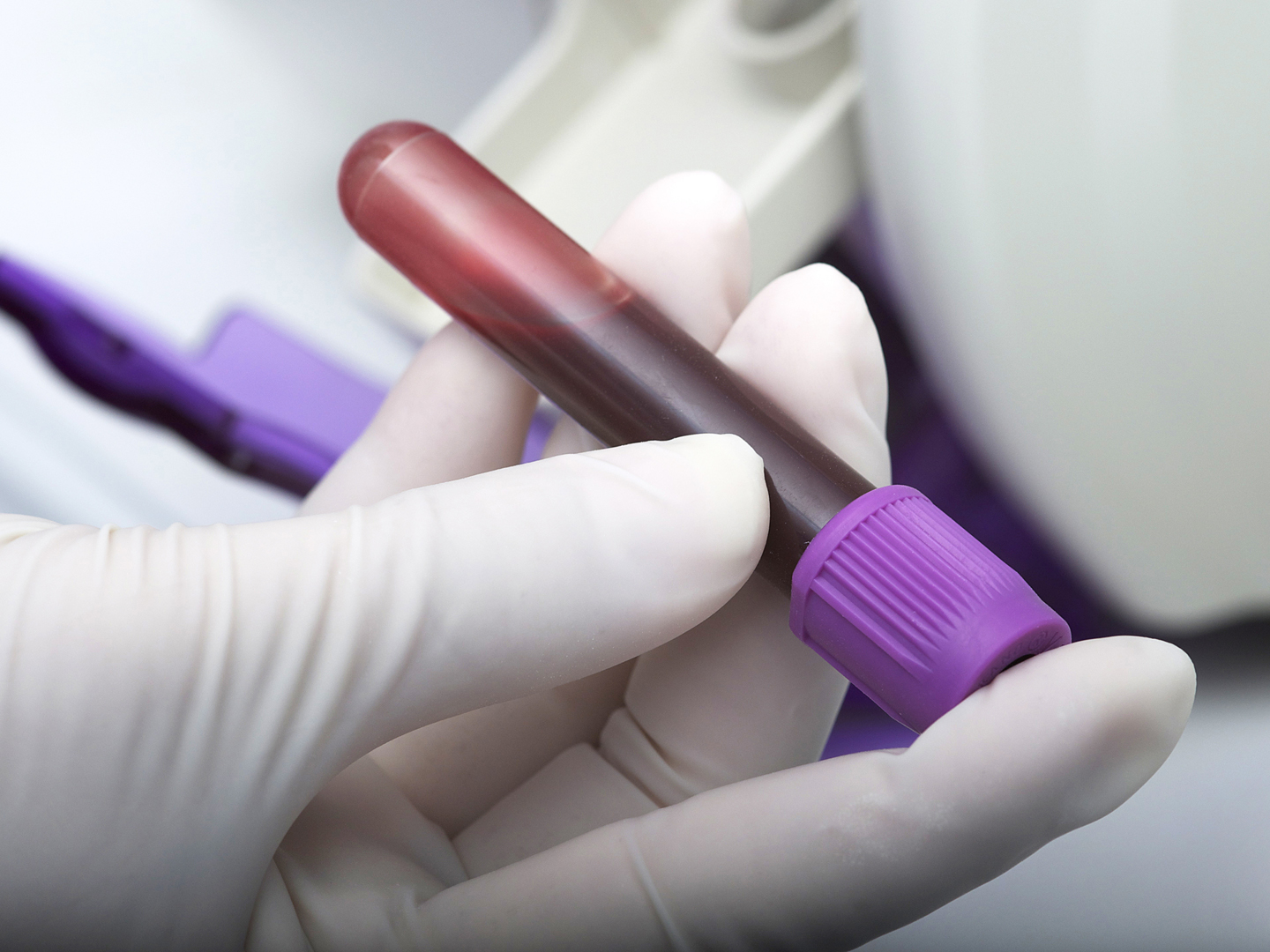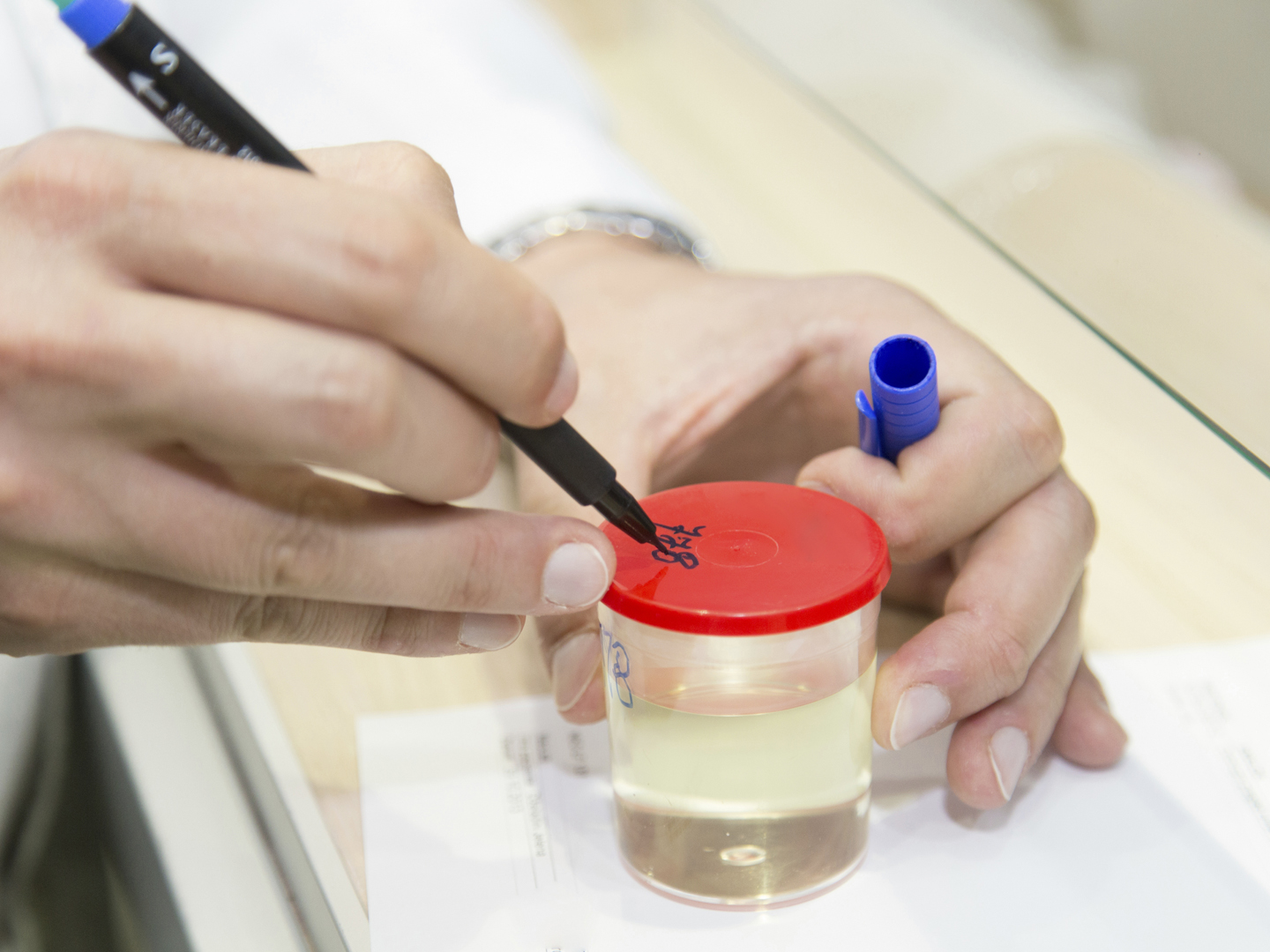Blood Urea Nitrogen (BUN) Test: Are Your Kidneys OK?
Can you explain what the blood urea nitrogen (BUN) test is? Is it a test that is commonly done? Why would it be ordered, and what do the results show?
Andrew Weil, M.D. | December 2, 2013

The blood urea nitrogen (BUN) test is one of a number of routine blood tests that may be done when you have an annual medical checkup. A test of BUN levels may also be ordered if your physician suspects that you might have a kidney problem. Urea is a nitrogen-containing waste product of protein metabolism. It is filtered out by the kidneys, which remove toxins and metabolic wastes from the blood and secrete them into urine. Higher-than-normal blood urea nitrogen levels suggest that your kidneys are not working properly. If a suspected kidney problem is the main reason the BUN levels testing was ordered, serum creatinine levels usually will be tested as well. Creatinine is another waste product that healthy kidneys filter out of the body. High levels may be a sign of kidney damage.
A number of drugs can affect BUN blood test results, among them certain antibiotics and high doses of aspirin, so if tested, you should be sure that your doctor knows exactly what drugs you’re taking, and in what dosages.
The kidneys are two bean-shaped organs, each about the size of a fist. They are located near the middle of the back, just below the rib cage. Every day, these organs process about 200 quarts of blood to filter out about two quarts of metabolic wastes. You can live a healthy life with only a single kidney, and small declines in kidney function may not cause problems, but sometimes changes in blood chemistry may signify kidney disease that will worsen over time.
The leading causes of kidney disease in the United States are diabetes and high blood pressure. Diabetes injures the kidneys by damaging the organ’s small blood vessels, depriving it of nutrients and oxygen and limiting its ability to function properly. When this happens, the body retains more water and salt than it should, causing weight gain and ankle swelling.
Over time, high blood pressure (hypertension) can damage blood vessels throughout the body, including those in the kidneys. Decline in kidney function can actually cause blood pressure to rise even higher. When this happens, the goal is to get blood pressure down below 130/80 via lifestyle changes or medication or both. African Americans have a higher risk than Caucasians of developing hypertension and its related kidney problems – even when their blood pressure is only mildly elevated. Two types of drugs for high blood pressure, angiotensin-converting enzyme (ACE) inhibitors and angiotensin receptor blockers (ARBs), have an added protective effect on the kidneys.
Physicians are not inclined to hide health problems from patients, so it is likely your BUN blood test was just routine.
Andrew Weil, M.D.








